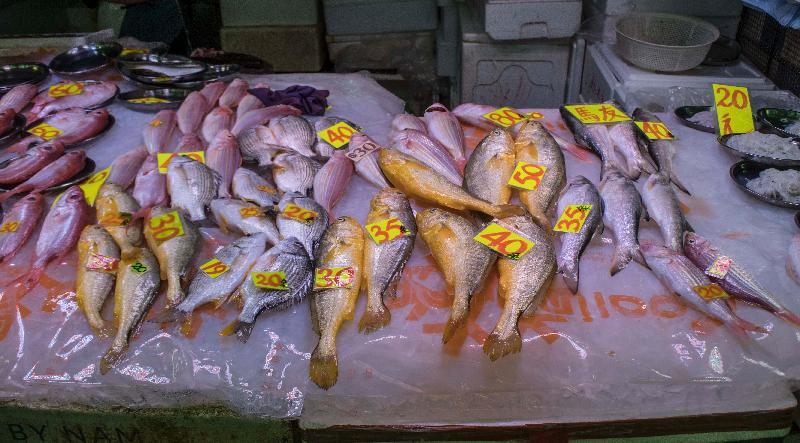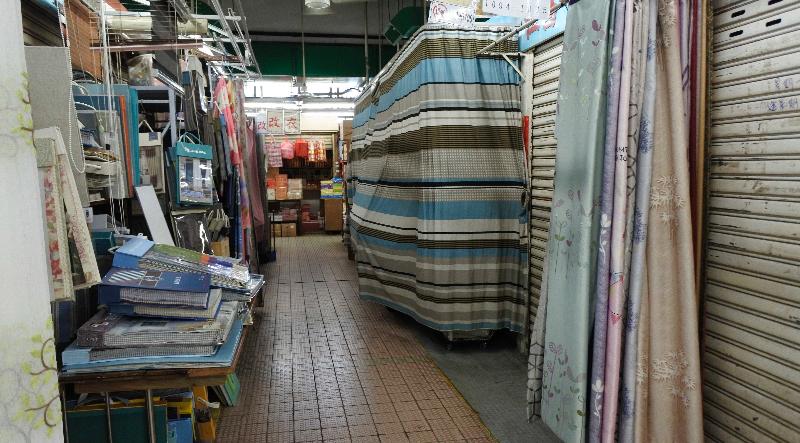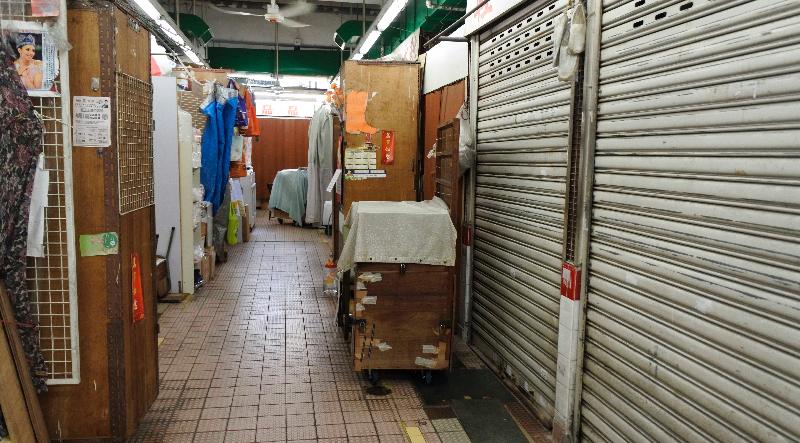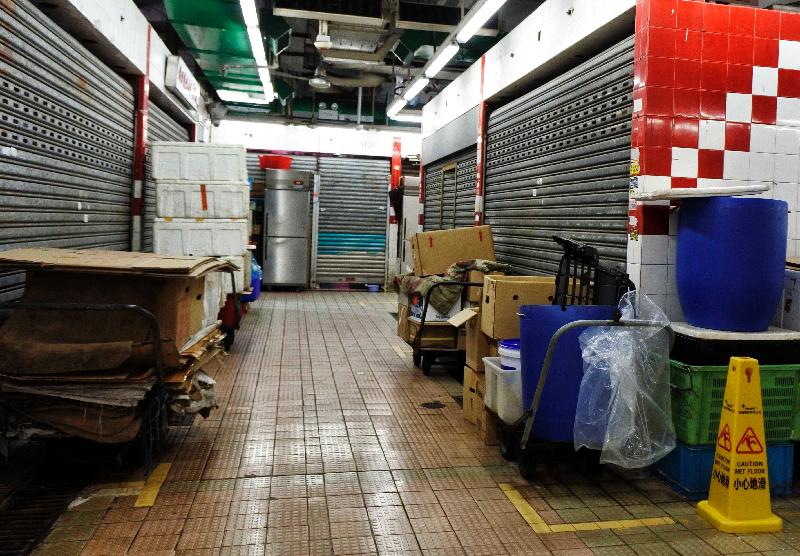Public consultation on proposed code of practice on third party funding of arbitration and mediation starts today
The Department of Justice (DoJ) today (August 30) launched a two-month public consultation to seek views on the draft Code of Practice for Third Party Funding of Arbitration and Mediation (Code).
A spokesman for the DoJ said, “The draft Code sets out the practices and standards with which third party funders of arbitration under the Arbitration Ordinance (Cap 609) and mediation under the Mediation Ordinance (Cap 620) are ordinarily expected to comply in carrying on activities in connection with third party funding of arbitration and mediation in Hong Kong.”
The provisions in relation to third party funding of arbitration and mediation were enacted by the Arbitration and Mediation Legislation (Third Party Funding) (Amendment) Ordinance 2017 (Amendment Ordinance).
The Amendment Ordinance is largely based on the recommendations made by the Law Reform Commission of Hong Kong in the Report of Third Party Funding of Arbitration and published in October 2016. Amongst other things, the Amendment Ordinance provides for an authorised body to be appointed and for the authorised body to issue the Code pursuant to Part 10A of the Arbitration Ordinance and section 7A of the Mediation Ordinance to issue the Code. On May 18, 2018, the Secretary for Justice was appointed as the authorised body under section 98X(2) of the Arbitration Ordinance.
Before issuing the Code, the authorised body is required to consult members of the public. The Amendment Ordinance will be brought into operation after the Code is issued by the authorised body.
Pursuant to section 98X(1) of the Arbitration Ordinance, Mr Anthony Chow, Mr Robert Y H Pang, SC, and Mr Victor Dawes, SC, were appointed as members of an advisory body on August 24, 2018. The advisory body will be responsible for monitoring and reviewing the operation of the provisions on third party funding of arbitration and mediation, including the implementation of the Code.
The spokesman added, "It is expected that the advisory body would issue a report reviewing the operation of the Code after it has been in operation for three years and make recommendations on the way forward."
The draft Code is now available on the DoJ website (www.doj.gov.hk/eng/public/pdf/2018/tpfcode_e.pdf). The consultation will end on October 30, 2018.
Members of the public are invited to submit their comments on the draft Code to the Legal Policy Division of the Department of Justice by mail to 5/F, East Wing, Justice Place, 18 Lower Albert Road, Central, Hong Kong, or by email to tpfcode@doj.gov.hk.






